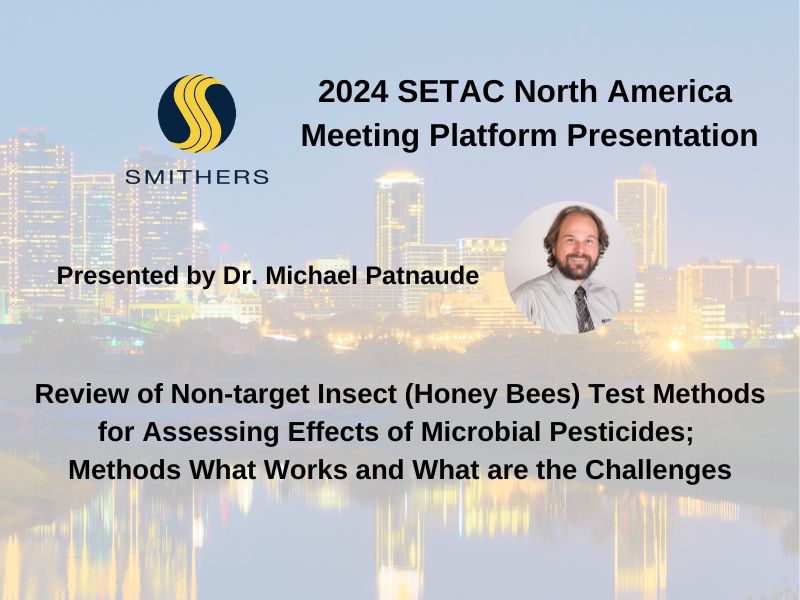With the increasing growth of developing and producing microbial pesticides, fit-for-purpose test methods are needed for review and assessment of these products, particularly with non-target organisms such as honey bees. Microbial pesticide evaluation presents a challenge for testing as the microorganisms are diverse in type (i.e., bacteria, fungi, protozoans, viruses), grow and thrive under different conditions than those of the non-target test organisms, and they are not soluble in the typical sense compared to conventional pesticides. Test methods exist for honey bee (
Apis mellifera), Pink-Spotted Lady Beetle (
Coleomegilla maculata), and Green Lacewing (
Chrysoperla carnea or
Chrysoperla rufilabris).
These existing test methods or guidance documents are outdated, lacking technical detail, not sufficient in duration or clear on route of exposure of the products, and not appropriate to determine endpoints which evaluate infectivity and pathogenicity to honeybees. Most, if not all, of the current methods are designed to address and evaluate conventional pesticides. We review existing honey bee test methods and guidelines and highlight the benefits and weaknesses of these existing methods and how methods can be improved to address many of the challenges and align the testing/results with risk assessment for these novel products.
The updated methodologies focus on optimized test conditions and diet to extend test duration, methods of dosing diets, confirmation of exposure to microbes, test designs, addition of attenuated control groups, biological observations, and endpoints collected during the studies.
The progress and results of these updates for testing of microbial products will be presented, along with challenges that will need to be addressed in future work.
Dr. Patnaude will present this research at the SETAC North America 45th Annual Meeting in Fort Worth, TX.
